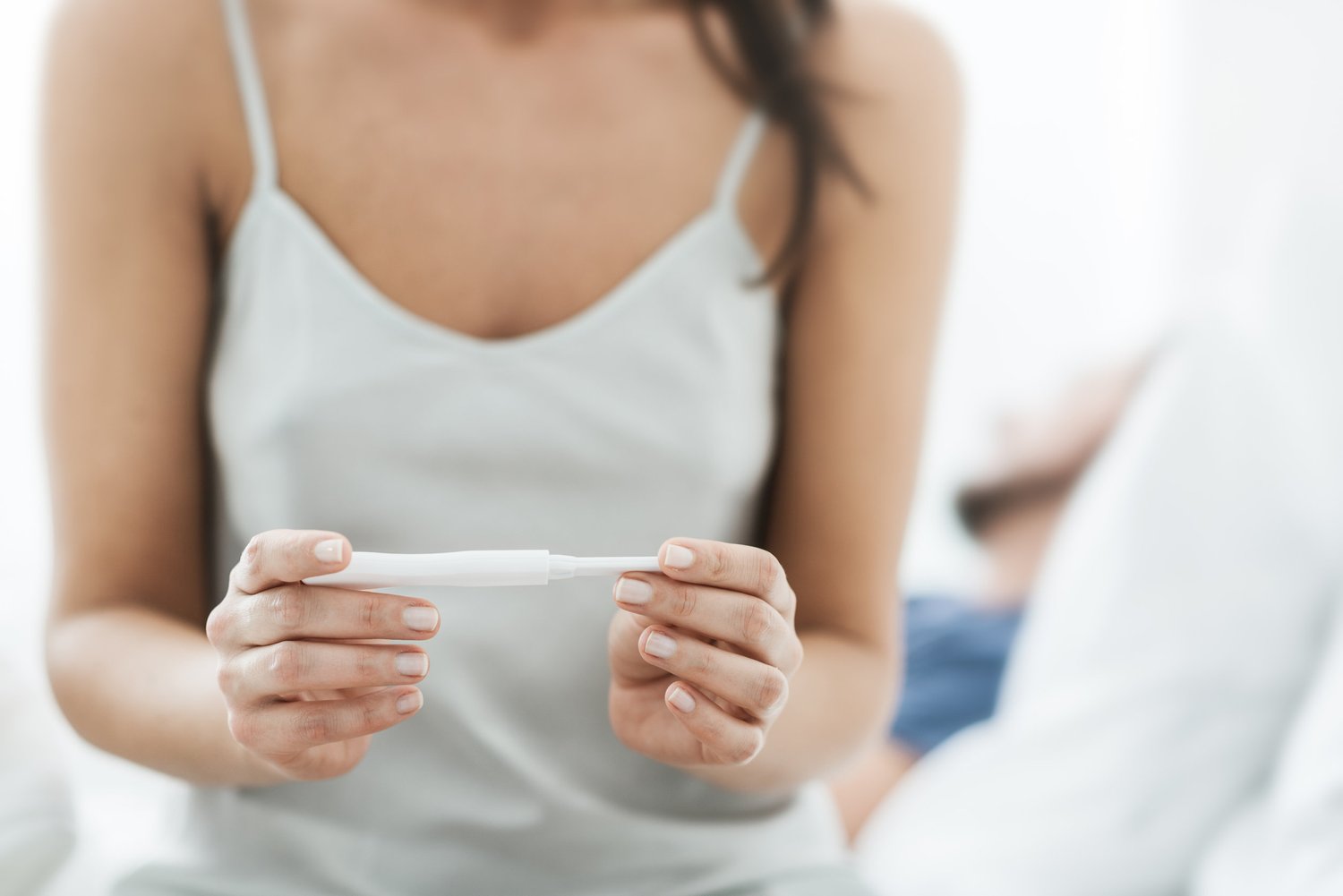If you’re thinking about having a baby, you may be wondering what you can do to increase your fertility. Below we’ll discuss our top 8 ways that you can boost your fertility and improve your health along the way.
1. Make Healthy Food Choices
Make sure that you are getting a good amount of balanced whole foods in your diet in order to improve your chances of getting pregnant. Some of the most beneficial foods for female fertility include: plant-based protein, foods with a high concentration of iron, full-fat dairy products, and unsaturated fats. Eating healthy balanced food items allows your body to prepare to have a baby and makes you healthier overall, allowing your body to function better in general.
It can also be helpful to take a vitamin designed for women that are pregnant or want to become pregnant. When you are trying to have a baby, you should make sure that you are consuming adequate amounts of: folic acid, iron, calcium, Vitamin D, and Vitamin C. Always make sure that any vitamin that you are taking does not include Vitamin A, which can harm your baby in the case that you become pregnant.
2. Cut Back on Junk Food
There are a variety of foods that should be avoided when trying to increase your fertility. A large intake of processed sugar and saturated fat may be associated with decreased fertility, therefore it’s best to limit processed food, sugar-sweetened foods, fatty red meats, and junk food.
It is also important that you avoid any foods that can contain listeria – a foodborne illness that can make it difficult to conceive and maintain a healthy pregnancy. Foods that are considered to be high-risk for listeria include: soft cheeses (blue cheese, brie, ricotta, feta, etc), pre-packaged prepared salads and fruits, pre-made hand-squeezed fruit juices, processed deli products, salad dips, cooked meat that has been in the fridge for more than a day, soft-serve ice cream, and any unpasteurized dairy products.
3. Control your BMI
Being too underweight (a BMI of 19 or less) or overweight (a BMI higher than 30) may reduce your chance of being able to conceive. If you have trouble staying at a BMI between 20 and 29, it’s a good idea to consult with your provider on how to plan for your specific needs.
4. Quit Smoking
If you smoke, the biggest change that you can make in order to increase your fertility is to stop smoking. Smoking has a strong association with a decrease in fertility. In the case that you do become pregnant, smoking can cause birth defects and other problems in your pregnancy.
If you need help quitting, touch base with your provider for tips on how to stop smoking and explain the various quit-smoking aids that are available.
5. Stop Drinking Alcohol
Similar to smoking, drinking has also been associated with decreased fertility and birth defects. By stopping your alcohol consumption, you can improve your fertility and help to ensure a healthy pregnancy in the case that you do become pregnant.
6. Decrease your Stress Levels
Increased stress can cause irregular menstrual cycles that can make it difficult to get pregnant. If you are looking to increase your fertility, it is vital that you decrease your stress levels. Try taking a walk in the park, participating in a yoga class, meditating, or having a chat with a friend. There are so many ways to destress – by finding what works for you, you can increase your chance of pregnancy and improve how you feel overall.
7. Exercise
Exercising improves your circulation, strengthens your muscles, and improves your overall health. By being the healthiest that you can be, you will increase your fertility and improve the likelihood that you will have a healthy pregnancy. It is recommended that you participate in some form of aerobic exercise 3-4 times a week together with stretching and resistance training for a balanced plan that strengthens all parts of your body.
8. Discover your Cycle
Getting familiar with your body’s own menstrual cycle is a key part of your female health, and can give you an insight into when you are most likely to get pregnant. For a woman with an average 28-day menstrual cycle, ovulation will occur between the 11th and 21st days of the cycle. Ovulation is your body’s fertile window when you are most likely to become pregnant.

